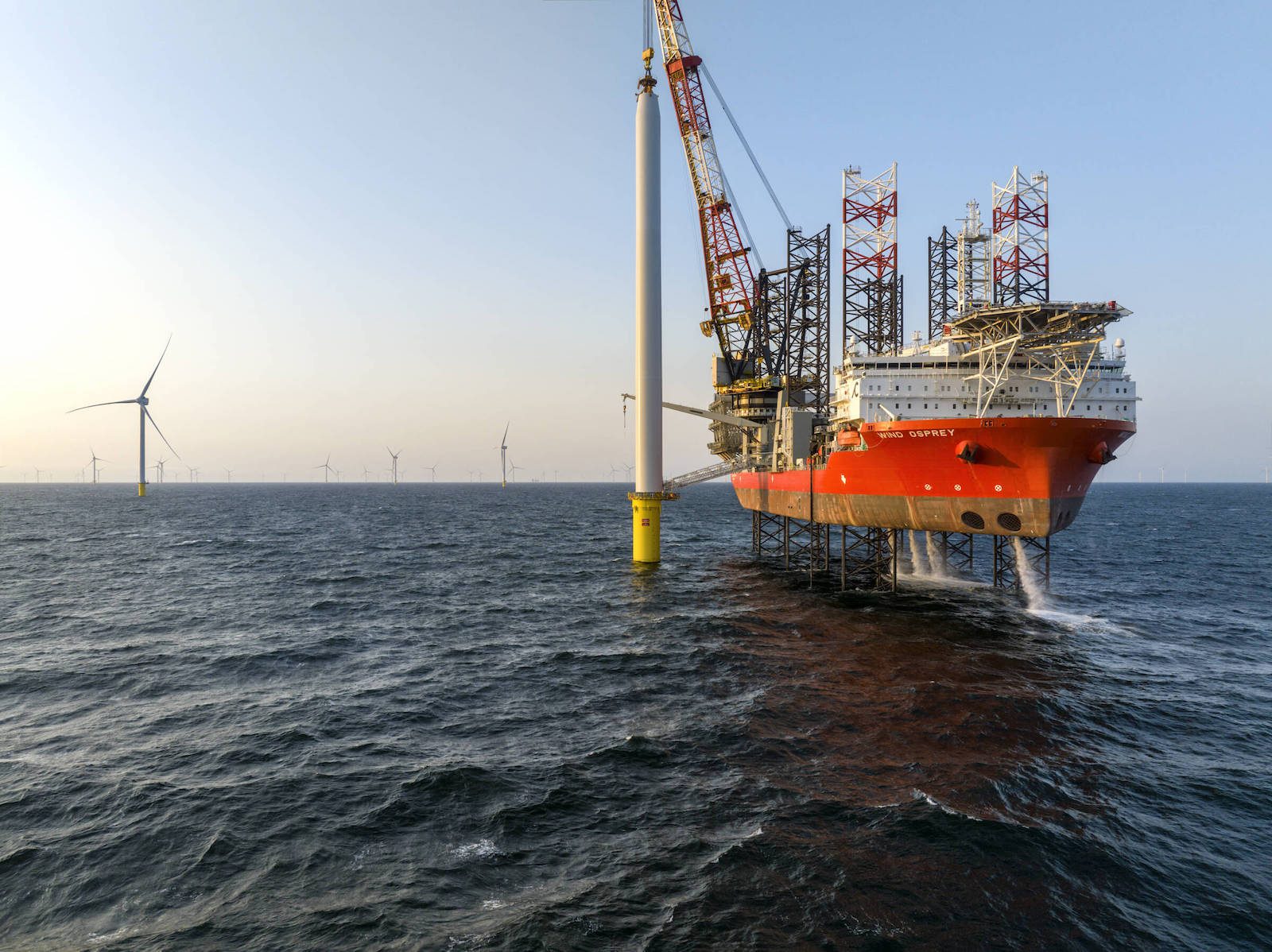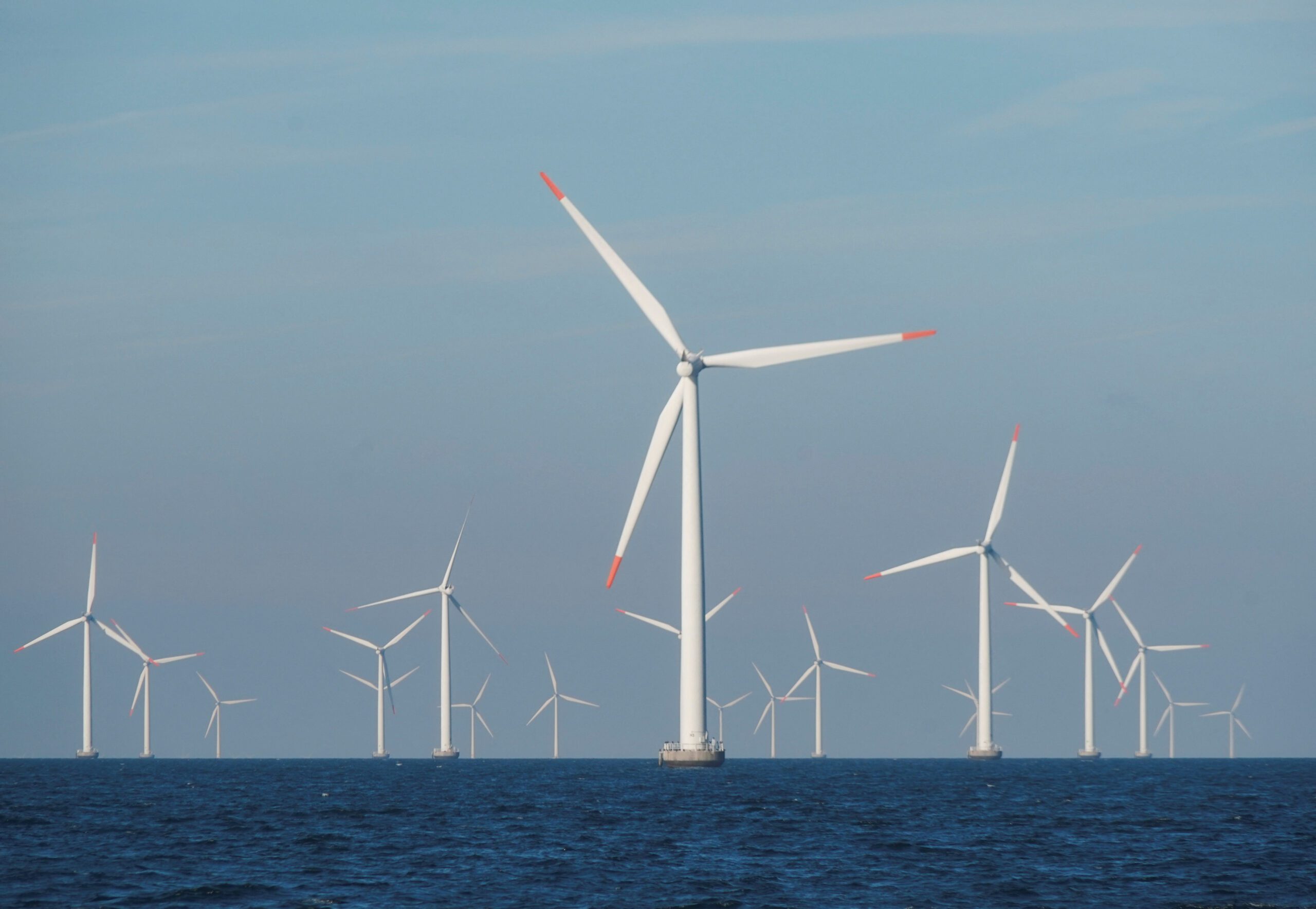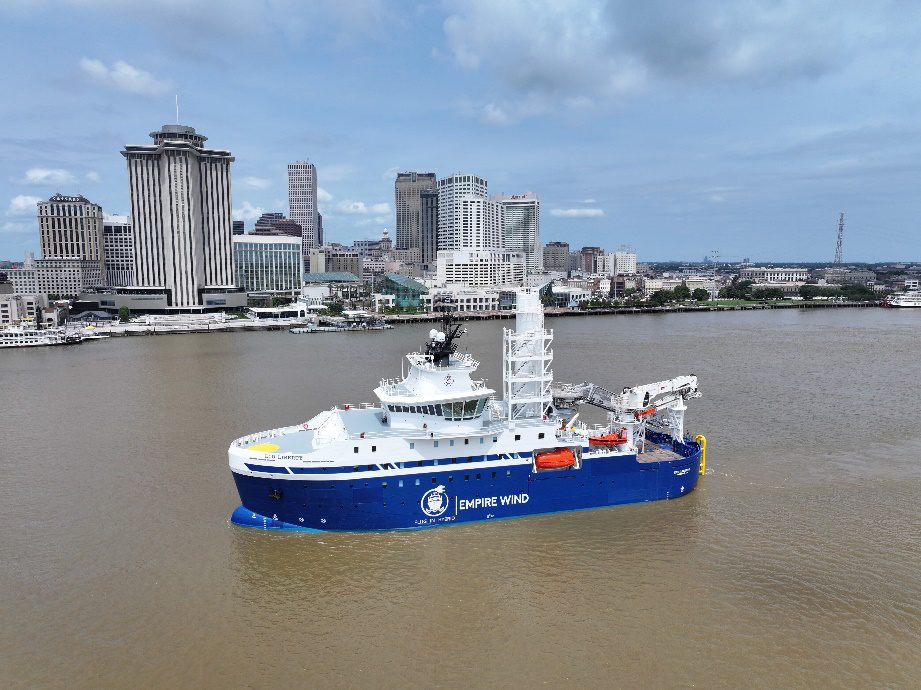By Steve Gorman
LOS ANGELES, May 13 (Reuters) – Exxon Mobil Corp has gone to court seeking to force local California government officials to allow shipment of crude oil from coastal facilities to inland refineries by dozens of tanker trucks a day until replacement of a pipeline that burst in 2015, causing a major spill.
In a federal lawsuit filed on Wednesday, the energy giant challenged the denial of its trucking permit application by the Santa County Barbara County Board of Supervisors, calling the panel’s 3-2 vote against the plan in March a “prejudicial abuse of discretion.”
Exxon XOM.N claimed the board’s majority had essentially made up its mind to reject the application rather than deciding the issue on its merits, resulting in a “de facto ban on crude oil production and transportation.”
Exxon asserts that the board’s action effectively prevents the company from restarting three offshore drilling platforms and refinery operations shut down after a badly corroded pipeline ruptured along the Pacific shoreline near Santa Barbara on May 19, 2015.
As much as 3,400 barrels of crude oil escaped from the line, owned by Plains All American Pipeline PAA.O. It marked the worst oil spill to hit the energy-rich but ecologically sensitive coastline northwest of Los Angeles since a 100,000-barrel blowout in the Santa Barbara Channel in 1969.
Plains was convicted in 2018 on criminal charges of fouling the environment and harming wildlife. The Houston-based company later agreed to pay some $60 million to settle civil charges of violating federal pipeline safety laws.
Read Also: Oil-Fouled California Beaches Rekindle Demands for Offshore Ban
Plains has since applied for approval to replace the pipeline, a proposal subject to extensive regulatory and environmental review.
In the meantime, Exxon has proposed hauling its offshore crude to one of two refineries under a plan to allow as many as 70 tanker trucks a day to run along California’s coastal Highway 101 and a smaller two-lane highway. Santa Barbara County has previously rejected alternative plans to transport Exxon’s oil via rail or marine tanker, the company said.
“It’s disturbing to see Exxon’s lawyers try to force through this dangerous plan to put hundreds of trucks carrying highly flammable oil on county highways,” Julie Teel Simmonds, a senior attorney with the environmental group Center for Biological Diversity, said in a statement on Friday.
Jennifer Richardson, an attorney in the Santa Barbara County counsel’s office, declined to comment on pending litigation.
In its lawsuit, Exxon claims the county’s denials amount to an unconstitutional “taking” of its property rights, a violation of the U.S. Constitution’s commerce clause and an illegal exercise of police powers.
When Exxon first halted offshore production from its three Santa Barbara-area platforms, output from those rigs was estimated at 30,000 barrels a day, a fraction of California’s daily crude diet of some 1.7 million bpd at the time.
Reporting by Steve Gorman in Los Angeles; Editing by David Gregorio

 Join The Club
Join The Club











